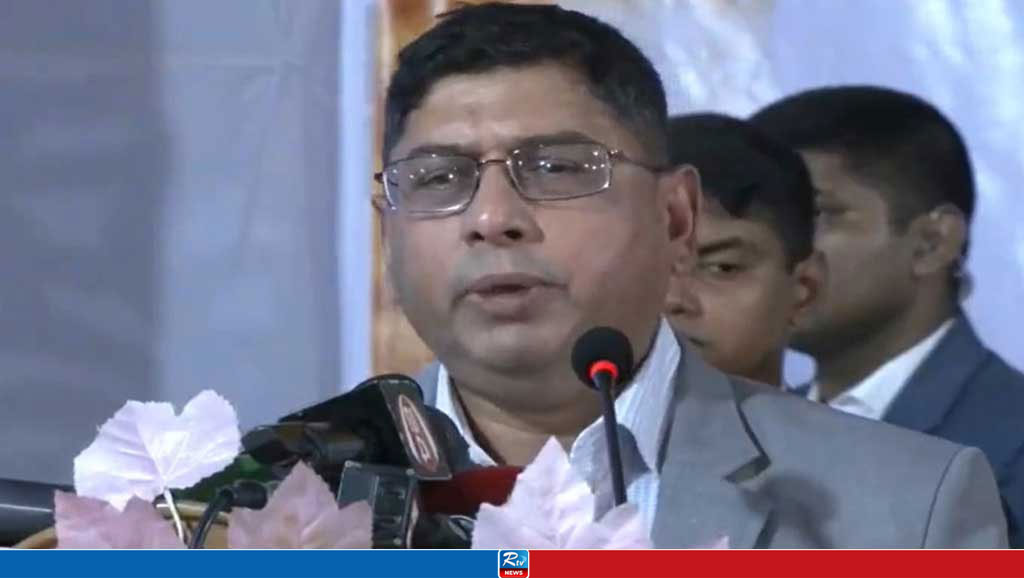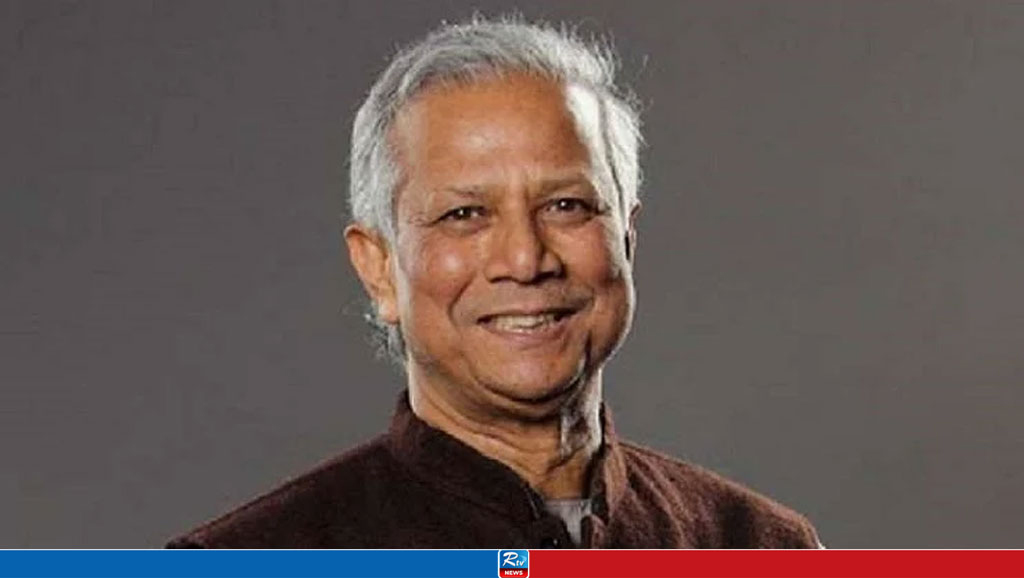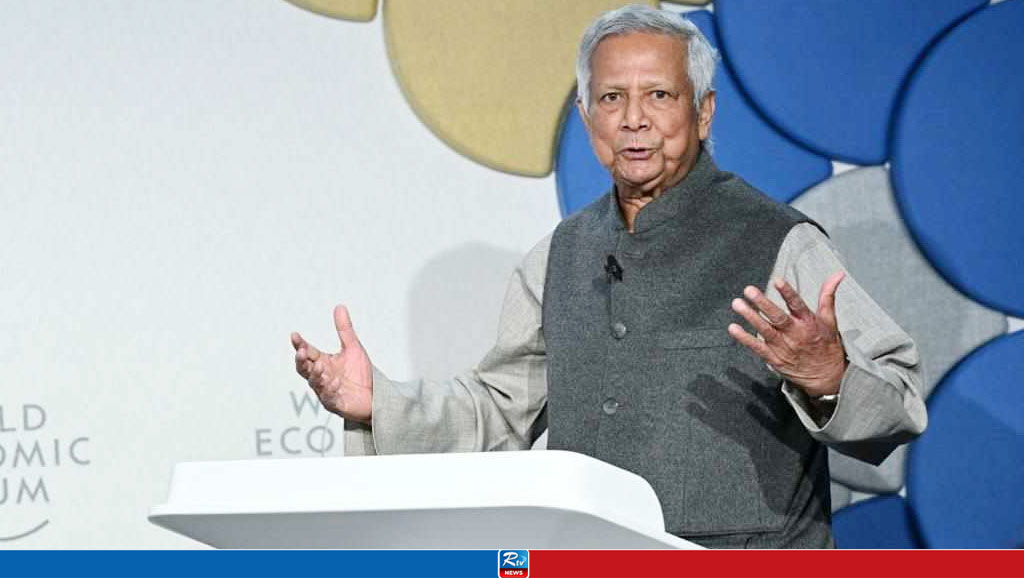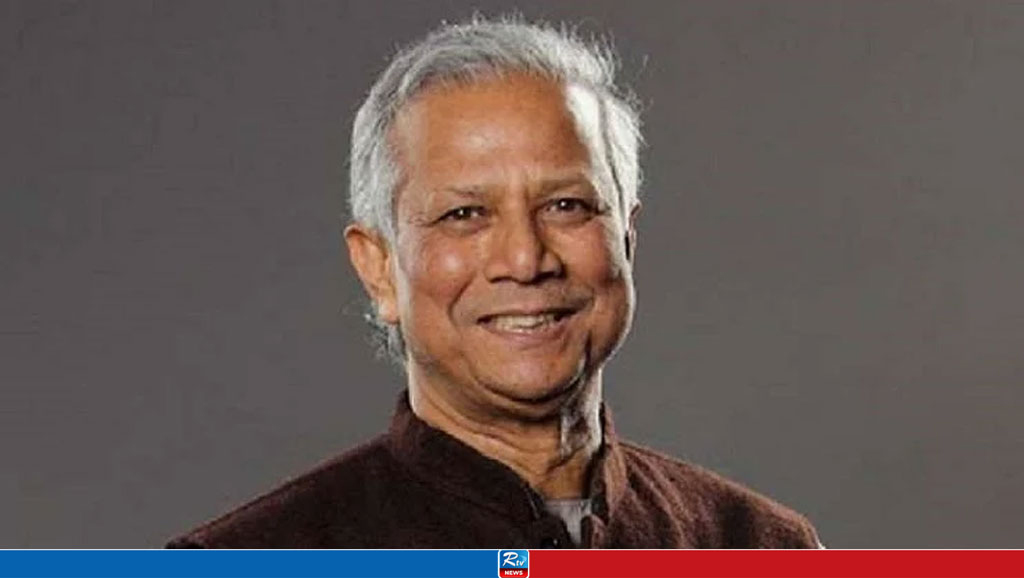Interim Government’s 3-Month Milestone: Achievements & Challenges Ahead
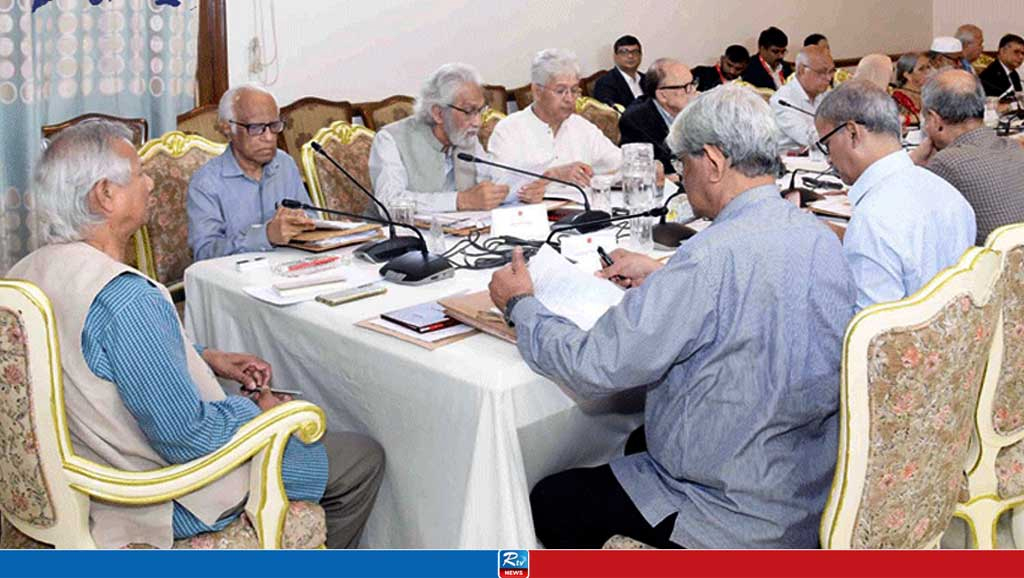
The movement demanding quota reform, which began in July, concluded on August 5 with the fall of the Awami government. Following appeals by anti-discrimination student activists, an interim government was established under Nobel Laureate economist Dr. Muhammad Yunus. Now, three months have passed since this government began its journey on August 8.
During this eventful period, the interim government has undertaken several initiatives, including establishing six commissions for state reform and efforts to restore discipline in the financial sector, particularly in the banking industry. Alongside these reforms, they’ve faced challenges like law enforcement breakdowns, mob justice, recurring protests, extortion on roads, market syndicates, the Secretariat blockades by Ansars, and the resignation of President Md. Sahabuddin.
While some stability has been achieved, the major challenge remains making the market affordable. The armed forces have been deployed for two months to maintain judicial authority and are regularly monitoring the markets. However, consumer rights still suffer under the grip of old syndicates.
One of the key focuses of the interim government is state reform, with six commissions (public administration, judiciary, law and order, election, constitution, and anti-corruption) already in action. The search committee has commenced its work to form the Election Commission.
In the banking sector, efforts to restore order are beginning to show results. To ensure freedom of expression, the government has decided to repeal the controversial Cyber Security Act and has started trials for genocide cases in the International Crimes Tribunal. The annual National Mourning Day has been omitted.
Key Areas of Focus for the Interim Government
The government has emphasized:
- Conducting an independent UN-led investigation into the July and August killings, inviting the UN Human Rights Office to lead this effort.
- Creating a complete list of martyrs and injured individuals, establishing the "July Martyrs Memorial Foundation" to provide long-term care for the injured and support for martyrs' families.
- Restructuring boards to free banks from the control of major defaulters and corrupt business groups.
- Compiling a list of 150 influential people accused of corruption and money laundering, with investigations launched against 79 of them.
- Revoking the provision allowing undeclared (black) money to be legalized with a 15% income tax rate.
- Halting all activities under the Indemnity Act (Electricity and Fuel Rapid Supply Increase, 2010) and freezing any executive orders on electricity and gas price increases without public hearings.
- Signing international charters to protect individuals from enforced disappearances and forming a commission to investigate disappearances during the previous government’s tenure.
- Establishing a committee to draft a white paper on the country’s overall economic condition.
Political Pressures and Challenges Ahead
The interim government now faces pressure from political parties to complete reforms quickly and hold free and fair elections. Chief Advisor has held dialogues with political parties, who have requested an election and reform roadmap. However, no roadmap has been provided yet.
Experts note that while steps have been taken toward establishing good governance, enhancing transparency in the financial sector, and dismantling unethical business syndicates, achieving all this within such a short period is challenging. Despite this, progress has been made on several issues. Nevertheless, maintaining public trust in the government, which carries the hopes of a vast population, remains the biggest challenge ahead.
Comments
Mushfiqul Fazal Ansari Named Bangladesh’s Ambassador to Mexico
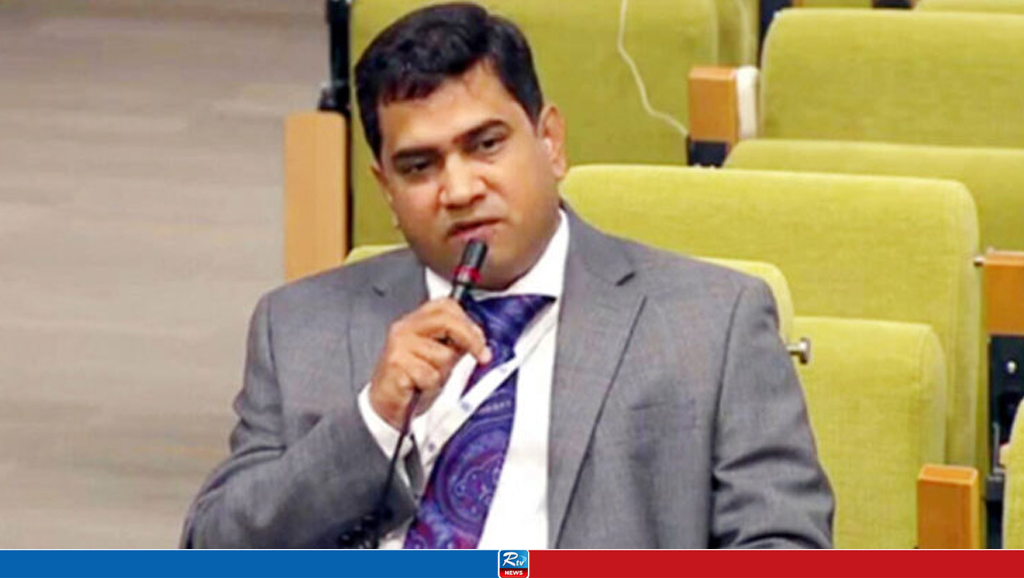
Government Directive on Tablighi Jamaat Sparks Saad Faction's Response
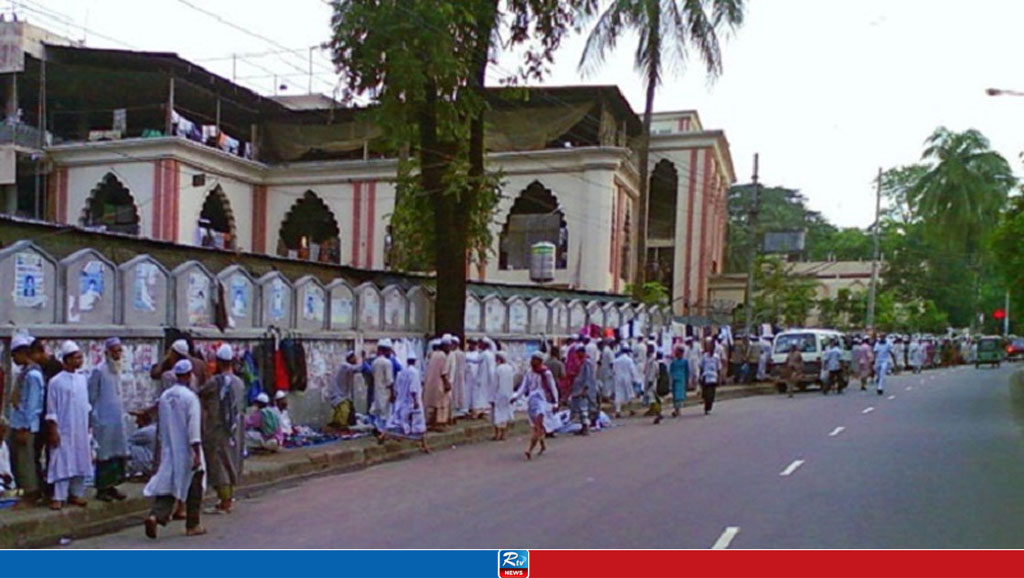
Fireworks at 31st Night May Lead to Jail or Fines

Hindu Candidates Not Barred from Govt Jobs: Press Wing
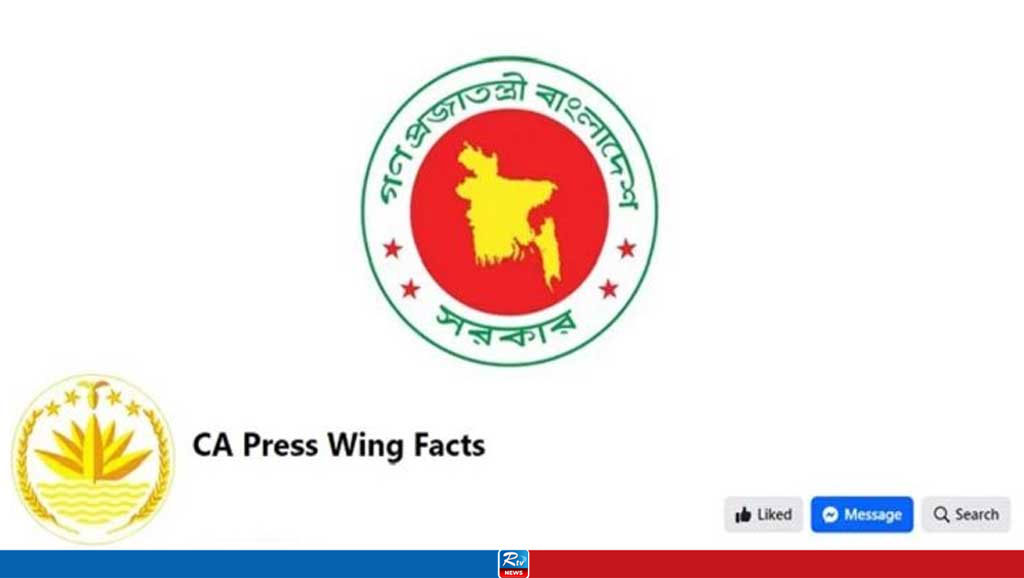
Plan to Integrate Metro Rail Payments with 'Alap Pay'

How to Download Online Versions of Textbooks from NCTB

CA Witnesses Bangladesh Army Winter Manoeuvre Exercise in Rajbari
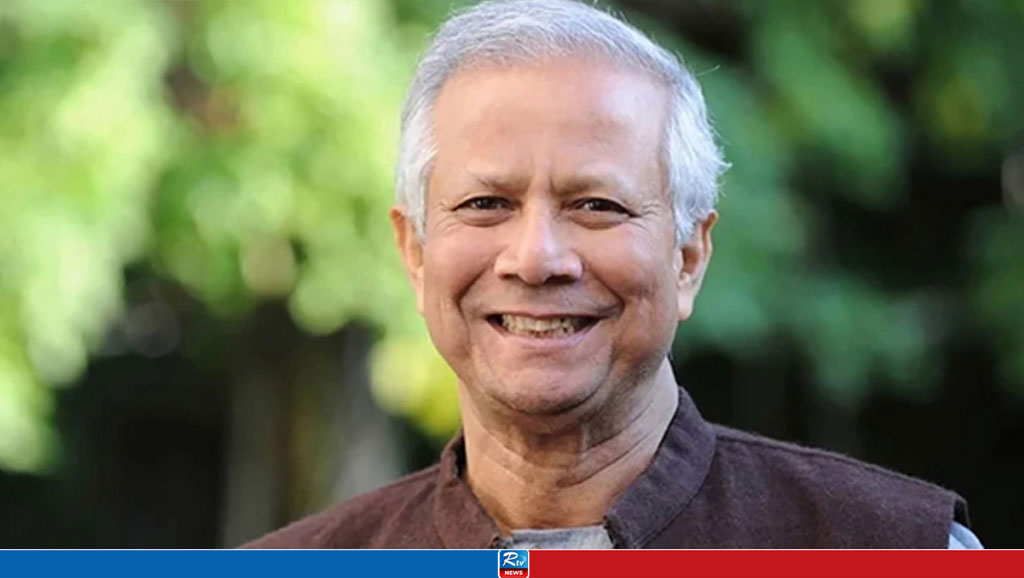

 Live Tv
Live Tv

